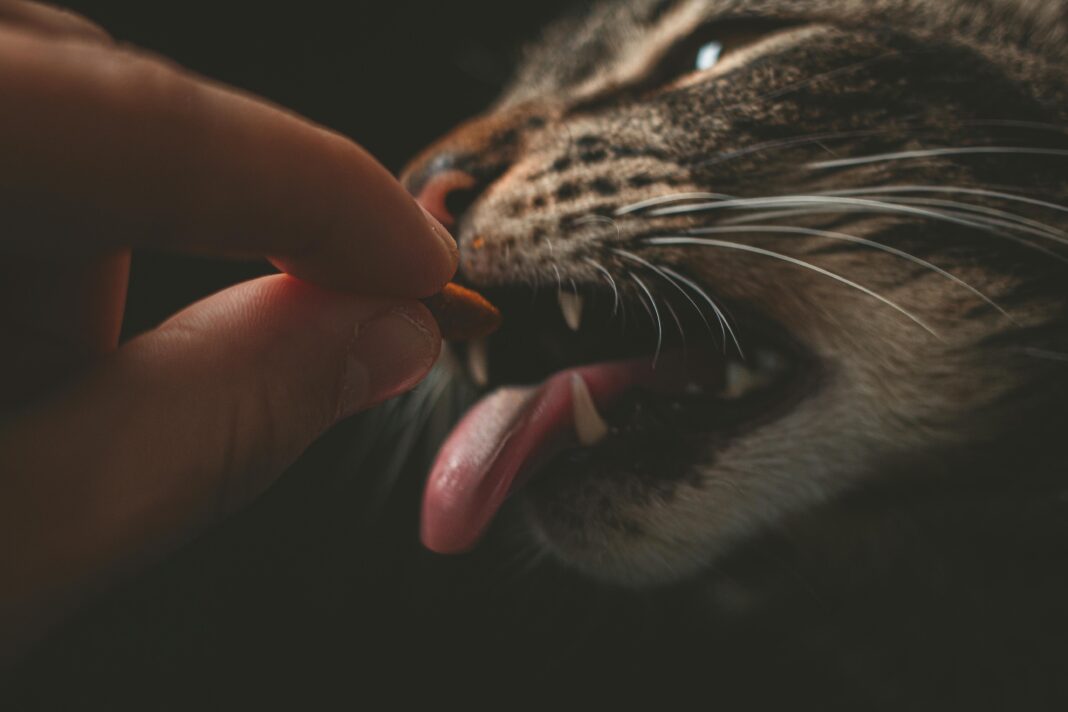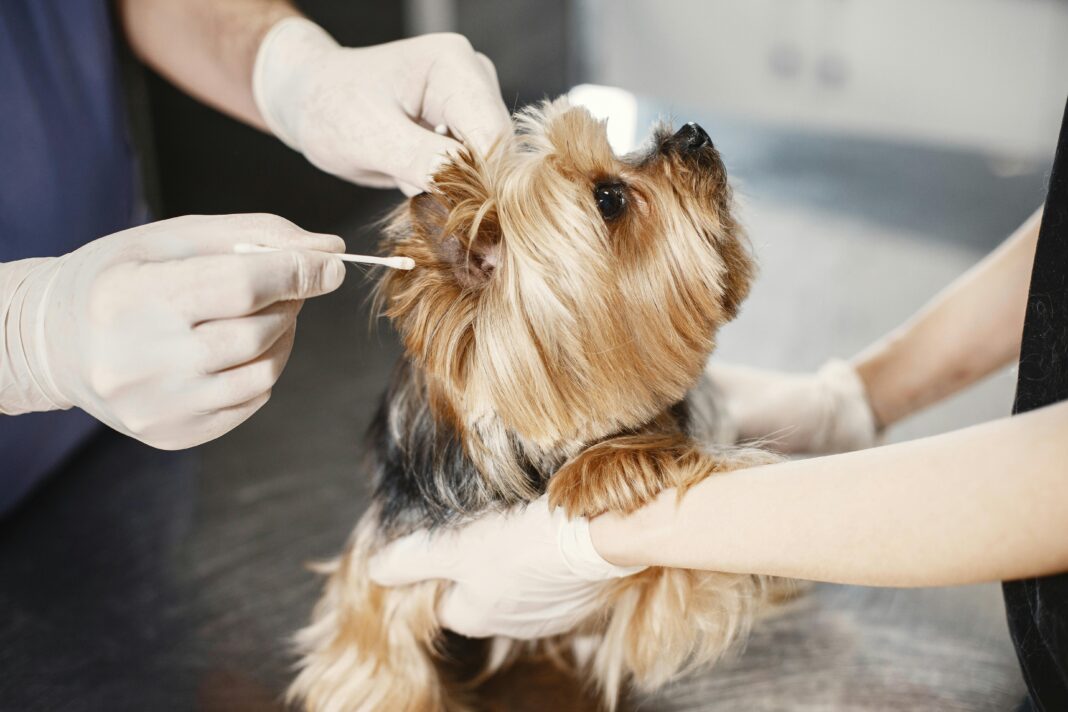As a pet owner, you want the best for your furry family member. One fascinating area of research that can lead to improved health and well-being for your pet is nutrigenomics. By understanding how diet affects genetics, you can significantly enhance your pet’s quality of life. Let’s dive into what nutrigenomics means and how you can use this knowledge to improve your pet’s health.
What is Nutrigenomics?
Nutrigenomics is the study of how nutrients affect the activity of genes. Essentially, it explores the complex interactions between diet and genetics. This can include how specific nutrients can enhance or impair health, depending on your pet’s unique genetic makeup. This emerging field is becoming increasingly popular among pet parents looking to provide tailored nutrition that fits their pet’s individual needs.
The Role of Genetics in Pet Health
Just like humans, pets have unique genetic profiles that influence their health. Certain breeds may be predisposed to specific diseases or conditions. For instance, some dogs are more susceptible to obesity, while others may be prone to skin allergies or joint issues. Understanding these genetic tendencies allows pet owners to make informed dietary choices that can mitigate risk and promote better health.
Example:
-
- Labrador Retrievers: Known for their love of food, they can easily become obese. A diet rich in fiber and lower in calories can help manage their weight.
How Diet Influences Gene Expression
Diet does more than provide energy; it can also switch genes on and off. This means that what you feed your pet can influence its genetic expression, impacting everything from metabolism to inflammation. Nutritional compounds such as antioxidants, fatty acids, and vitamins can play critical roles in this process.
Key Nutrients to Consider:
-
- Omega-3 Fatty Acids: These can reduce inflammation and are beneficial for skin health.
-
- Antioxidants: Found in fruits and vegetables, they help fight oxidative stress and can improve overall vitality.
-
- Prebiotics and Probiotics: These support digestive health and can enhance the immune system.
Identifying Nutritional Needs Based on Genetic Predispositions
Understanding your pet’s genetic predispositions can help you identify specific nutritional needs. This awareness can guide you in selecting the most appropriate diet for your pet.
Pets with Specific Conditions:
-
- Allergies: If your pet is genetically predisposed to allergies, consider a hypoallergenic diet with limited ingredients to minimize sensitivities.
-
- Joint Problems: If your pet is susceptible to joint issues, foods rich in glucosamine and chondroitin can be beneficial.
-
- Weight Control: For pets prone to obesity, focus on low-calorie diets that promote satiety, like those with high fiber content.
Personalized Diet Plans
Personalizing your pet’s diet according to their genetic profile and health requirements can be immensely beneficial. Consulting with a veterinarian who understands nutrigenomics is essential. They can provide insights into how specific foods can support your pet’s health based on their genetic predispositions.
Steps to Create a Tailored Diet:
-
- Consult Your Veterinarian: Discuss your pet’s breed, age, and any health issues.
-
- Genetic Testing: Consider undergoing genetic testing for pets. These tests can provide insights into any hereditary conditions and dietary needs.
-
- Monitor and Adjust: After implementing dietary changes, observe your pet’s health and behavior. Make adjustments based on their response and professional guidance.
Practical Tips for Pet Owners
-
- Read Labels: Always check the ingredients in your pet’s food. Look for high-quality sources of protein and minimal fillers.
-
- Incorporate Whole Foods: Consider adding fresh fruits and vegetables to your pet’s diet, ensuring they are safe for pet consumption.
-
- Hydration Matters: Encourage your pet to drink plenty of water. Hydration plays a crucial role in overall health and can affect how nutrients are metabolized.
-
- Regular Vet Check-ups: Regular visits to the veterinarian can help monitor your pet’s health and adapt their diet as needed.
The Future of Pet Nutrition
Nutrigenomics is a rapidly evolving field, and its implications for pet health are promising. With ongoing research, we are likely to see more tailored diet plans that consider both genetic factors and individual health needs.
As a pet owner, staying informed about your pet’s dietary requirements will empower you to provide the best care possible. In turn, this will lead to not only enhanced health and longevity but also a happier, more vibrant life for your beloved companion. Embracing the principles of nutrigenomics can transform how you think about your pet’s diet and overall health.
By understanding and applying these concepts, you can make meaningful changes that positively impact your pet’s life today and for years to come.





